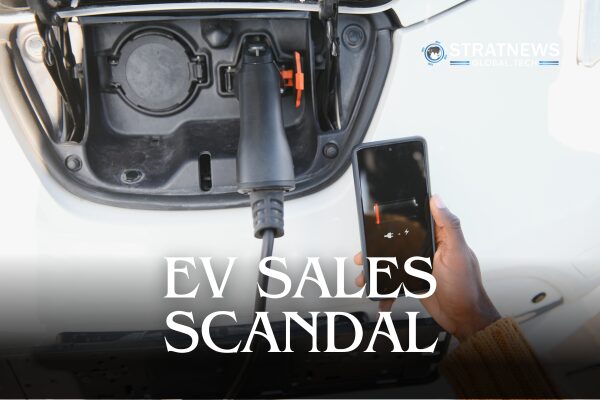Chinese EV Brands Neta and Zeekr Accused of Inflating Sales Figures
Chinese electric vehicle makers Neta and Zeekr have reportedly inflated their sales figures in recent years to meet ambitious targets. According to documents reviewed by Reuters and interviews with dealers and buyers, both companies registered cars as sold before actual purchases took place, by insuring vehicles ahead of sale. This practice, common in China’s cutthroat auto market, is now drawing government scrutiny.
How Sales Were Inflated
Neta reportedly booked early sales of at least 64,719 vehicles between January 2023 and March 2024. This represented more than half of its reported sales during that period. Zeekr, owned by Geely, used a similar approach in late 2024, particularly in Xiamen, through a state-owned dealership.
The practice involves buying mandatory traffic insurance for unsold cars. Under Chinese registration rules, this allows companies to count these vehicles as sold. While technically unsold, these “zero-mileage used cars” are listed as sales in corporate reports.
In many cases, buyers only discovered their vehicles had pre-existing insurance after purchase, leading to earlier-than-expected policy expirations. Dealers were often instructed to explain these insurance policies as complimentary.
Government and Media Crackdown
Chinese authorities have begun clamping down on this practice. Over the weekend, state media directly named Zeekr as engaging in pre-sale insurance registrations to inflate sales figures. The China Securities Journal questioned Zeekr’s sudden sales surge in Xiamen and Shenzhen in December 2024.
Government-owned publications, such as the People’s Daily, have also condemned the “zero-mileage” sales model, calling it harmful to the industry and misleading to consumers.
Four dealer associations from the Yangtze River Delta have since urged automakers to impose more realistic sales targets, claiming dealers were being forced to falsify results.
Responses from Automakers
Neta’s parent company, Zhejiang Hozon New Energy Automobile, has not responded to media requests. State media recently reported that Neta entered bankruptcy proceedings last month after suffering from declining sales and financial difficulties.
Zeekr, which Geely is currently privatising, denied wrongdoing but admitted that insured cars cited in reports were for showroom display. It did not clarify whether these cars were counted in retail sales. Zeekr also announced the creation of a special team to investigate the matter further.
A Geely spokesperson rejected the accusations reported by state media but offered no response to Reuters’ findings.
Industry Reactions and Concerns
Analysts like Li Yanwei from the China Automobile Dealers Association criticised the practice as an attempt to “whitewash” performance and embellish financial reports.
Many dealers remain frustrated. A Neta dealer stated that many of these insured-but-unsold cars are still sitting in warehouses. He added that Neta’s message to dealers was simple: “Just do it, everyone else is doing it.”
The controversy underscores mounting pressure within China’s EV sector, where overcapacity and price wars have driven companies to questionable sales practices. Authorities are now moving towards tighter regulations to control such behaviours and protect both consumers and the broader industry.
with inputs from Reuters


